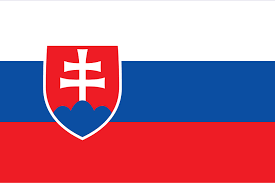



CASE 39
Sportsmanship and the Rules
Rule 60, Right to Protest; Right to Request Redress or Rule 69 Action
A race committee is not required to protest a boat. The
primary responsibility for enforcing the rules lies with the
competitors.
Facts
Throughout a five-race series, A competed with a crew of three. After the
last race, B and others jointly protested A, alleging that she had broken a
class rule that limited the crew to two. This was the first protest relating to
the matter. It was refused because the hulls of the protesting boats were all
over 6 metres long, but none of the boats displayed a red flag. This decision
was appealed on the grounds that the race committee ought, on its own
initiative, to have protested A in all the races.
Decision
As provided in rule 63.5, the protest was invalid because no red flag was
displayed as required by rule 61.1(a). To uphold this appeal would amount
to a conclusion that a race committee ought to know the class rules of each
class, and that it then has an obligation to enforce them when members of
the class themselves fail to do so. No such obligation is placed on a race
committee. Furthermore, rule 60.2(a) is clearly discretionary, as it says that
‘A race committee may (emphasis added) protest a boat’.
As stated in the first Basic Principle, Sportsmanship and the Rules,
‘Competitors in the sport of sailing are governed by a body of rules that they
are expected to follow and enforce.’ The primary responsibility for
enforcing the rules therefore rests with the competitors.
The appeal is dismissed, and the decision of the protest committee is upheld.
CAN 1977/35





